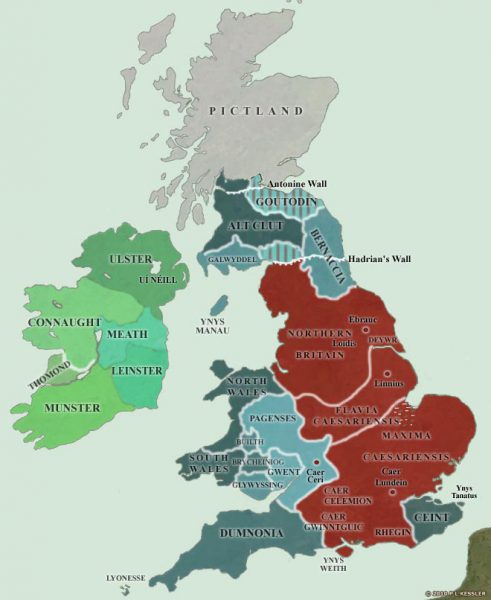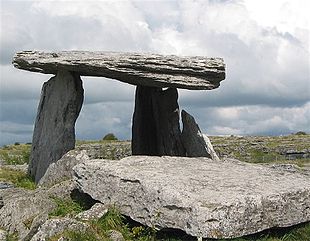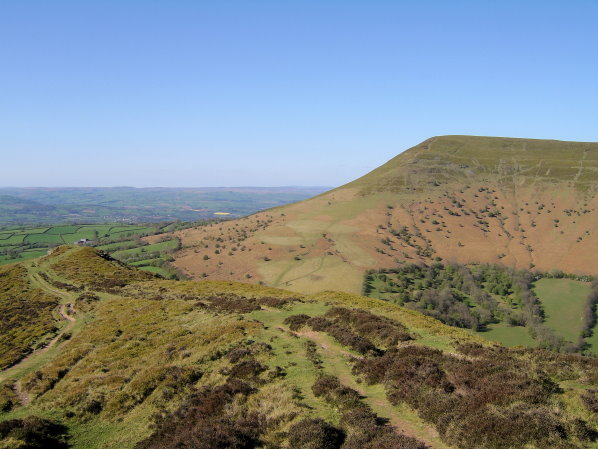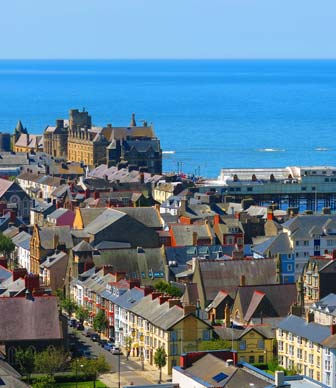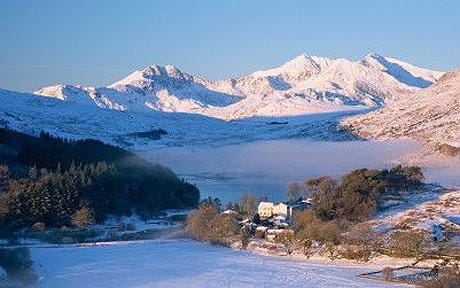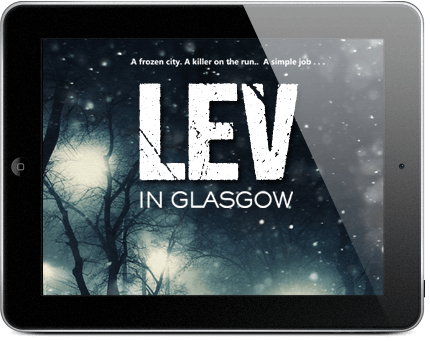About the Welsh people
As you’ll know if you’ve read The Deepest Grave (US link here, UK link here), the Welsh people are Celts – the race that once populated all the isles of Britain and Ireland.
When the Romans ruled in Britain, from 43 AD to 410 AD, the people under their jurisdiction were Celts, and those people spoke a mixture of languages that all shared a family resemblance to modern Welsh. (Gaelic, Cornish and Breton are all in the same fine family.)
Then the Romans left. The old order started to collapse. One Celtic king had the bright idea of bringing some German/Danish mercenaries over to help with incursions from some annoying tribes. And . . . whoops! Those mercenaries (Angles, Jutes and Saxons) took a look at their new home and decided they’d rather like to have it.
What happened next isn’t totally clear. Did the Angles/Jutes/Saxons simply slaughter and displace the Celts? or was the process more one of peaceful intermarriage, trade and assimilation? We don’t know.
In the British Dark Ages, not very much was written down and, what was written down, hasn’t mostly survived the fourteen or fifteen centuries to the present day. Did Arthur fight the invading Saxons and win a glorious victory at Mount Badon? We don’t know. I’d bet probably yes, but I wouldn’t bet very much.
About the Welsh language
What we do know is that by the time the dust settled – by, let’s say, the ninth century AD – Celtic speakers had been pushed into the far west and north of the country (Cornwall, Wales and Scotland, to be a little anachronistic about it). That left the Anglo-Saxons in charge of modern-day England . . . and indeed, the Angles, Saxons and Jutes started calling themselves Anglii, or English, to celebrate. (The Scots and Welsh, to this day, call them Saxons – Sais or Sassenach.)
The really weird thing about all this?
It’s that English has almost no traces of Celtic in it. All those centuries of slaughter / marriage / displacement and whatever else, made almost no mark on the English tongue. So there’s a small handful of Celtic words – like dolmen or loch – that still exist in English, but only really because they refer to geographical features that the Angles and Saxons didn’t have back home. Mostly though, English just bears no trace of the languages it shoved aside.
That’s weird, but it also helps explain why you have difficulty in pronouncing Welsh (assuming you aren’t Welsh, I mean.)
The simple fact is that your many-times-great English grandpas and grandmas didn’t bother with the exercise themselves. Their laziness is your impediment. If even a few hundred Celtic words continued to exist in English, you’d have a head start – but they don’t. Sorry!
How to pronounce Welsh consonants (the very, very short guide)
OK. So we start with some good news. Most consonants in Welsh sound exactly like their English counterparts.
- B is a B.
- C is a (hard) C, as in cat.
- D – if there’s just one of them – is just a straightforward D.
As a matter of fact, in many ways, and because it’s much more consistent, Welsh is a rather easier language to pronounce than English. So unlike in English:
- C is always hard, never soft (like carpet, not ice).
- S is always soft as in soft, never hard as in taser.
- G is always hard as in goose, never soft as in gentle.
Easy right?
Only then it starts getting a little more tricksy.
- The Welsh F denotes the English V of violet. So, in fact, English violet comes into Welsh as fioled.
- Meanwhile, the Welsh FF denotes the English F sound. And that’s easy enough with a word like Cardiff, but looks a little odd with place names like Ffynnon Gynydd, a placename (meaning ‘holy well’) not far from where I grew up and where my mother still lives.
- Another real curiosity to anglophone eyes is the Welsh DD, which equates to the English TH. Only – did you know? – English actually has two TH sounds, not one. There’s the soft TH of think, a sound which Welsh handles with a simple TH. But then there’s the hard TH of them or there, and that becomes a DD in Welsh. So that Ffynnon Gynydd placename starts with a soft F sound and ends with a a soft TH one. Beautiful, no?
And then there are some consonants in Welsh which don’t really have any proper English equivalents.
- The LL sound is kind of an HL one. So put the tip of your tongue on the roof of your mouth as though you were going to say “L” . . . but then try saying “H” instead. And then, as you say “H”, let that sound segue swiftly into an L. Do that, and you’re golden.
Oh, and ‘Llan’ is a very common prefix in placenames meaning ‘saint’. So a village near where my mother lives is ‘Llanstephan’, meaning ‘(the settlement around the church of) St Stephen’. Those Llans give you plenty to get practising on: Llanstephan, Llandefalle, Llanelli, Llandewi and so on.
- On the letter R, you just need to make sure you always pronounce it, and always give it a bit of a roll. So English speakers (not Scots ones) are happy to leave the Rs in the darn barn more or less silent. You want to pronounce that R and give it some good Celtic wellie to get it moving nicely. (you can practice on bardd – meaning poet – to get you practised.)
- Mostly though, your eye is more likely to be caught by the Welsh RH, as in Rhayader – a place that Fiona fans know as being a very bad place from which to be abducted. (See This Thing of Darkness; US link here, UK one here.) The Welsh RH is an aspirated R, so you need to roll that R, but aspirate it at the same time, as though you’re saying an H over the top of the R. Good luck with that, chum.
How to pronounce Welsh vowels
You know what? You really don’t want to know this.
It’s not even that the vowels themselves are so hard, it’s more that there’s a whole host of rules about when a particular vowel is long or short . . . and then some of the vowels (y, w) are tricksy, and then there are the dipthongs, and then again things can change according to where in the word you encounter them. Oh, and the North Welsh don’t do things quite like the South Welsh, and both halves of Wales definitely think they’re right. (The North Welsh are lovely, but they’re wrong. Sorry!)
So.
For a supremely short and somewhat erratic guide, you can proceed as follows:
Short vowels:
- a – Like a in tap
- e – Like e in let
- i – Like i in pit
- o – Like o in pot
- u – Same is i; it’s like the i in pit.
- w – As in book.
- y – Like uh in above (this is the “schwa”, which is actually very common in English – think the e in label.)
Long vowels:
- a – Like a in father.
- e – Like ae in aeroplane, but don’t let any “R” sound in there
- i – Like the i in . . . well, this is the Fiona Griffiths website, right, so it’s got to be the i in police
- o – Like aw in awkward.
- w – Like oo in pool.
- u and y – same as i.
Some Welsh tongue twisters
You’ve got everything so far, right? You’re feeling confident?
Good. In that case, you’re ready to crack a tooth on one of these. They’re taken from Omniglot and where you see a link, you can click on it to get an audio version of the bit of text in question.
Oer yw eira ar Eryri.
Cold is the snow on Snowdon.
Caseg winau, coesau gwynion,
Croenen denau, carnau duon;
Carnau duon, croenen denau,
Coesau gwynion caseg winau.
Bay mare, white legs,
Scraggy skin, black hooves;
Black hooves, scraggy skin,
White legs, bay mare.
Chwaraeasoch chwe chŵn chwaraegar chwe chwibanau chwedlonol i chdi.
Six playful dogs played six fabulous whistles to you.
Magwyd Magi Madog mewn ffedog ond methwyd magu mab Magi Madog yn yr un ffedog ag y magwyd Magi Madog.
Magi Madog was brought up in an apron, but Magi Madog’s son could not be brought up in the same apron in which Magi Madog was brought up.
Ydy dy dei du di yn dy dŷ du di neu ydy dy dad di yn dy dŷ du di?
Is you black tie in your black house or is your dad in your black house?
Rowliodd lori Lowri lawr y lôn.
Lowri’s lorry rolled down the lane.
Mae Llewellyn y llyfrgellydd o Lanelli wedi llyfu llawer o lyfaint.
Llewellyn, the librarian from Llanelli, licked many toads.
Some examples of spoken Welsh
Oh, and if you want to hear Welsh being spoken, then here’s Ioan Gruffudd calling for more powers for the Welsh Assembly:
And here is actor, Rhys Ifans, speaking about Dylan Thomas, which is about as Welsh as it is humanly possible to get:


